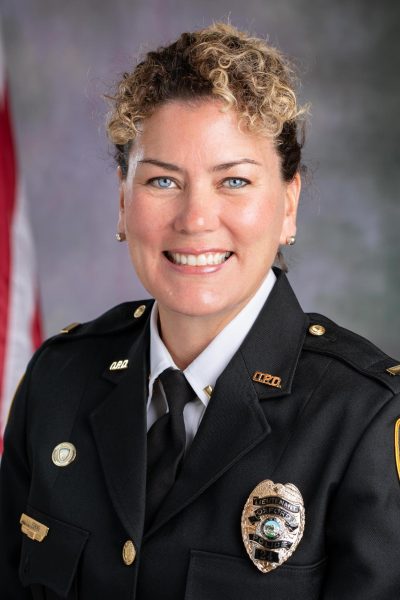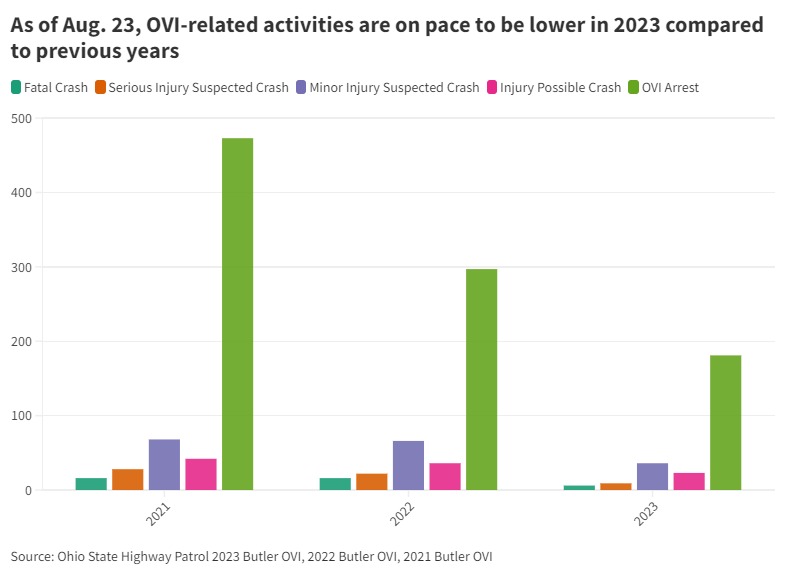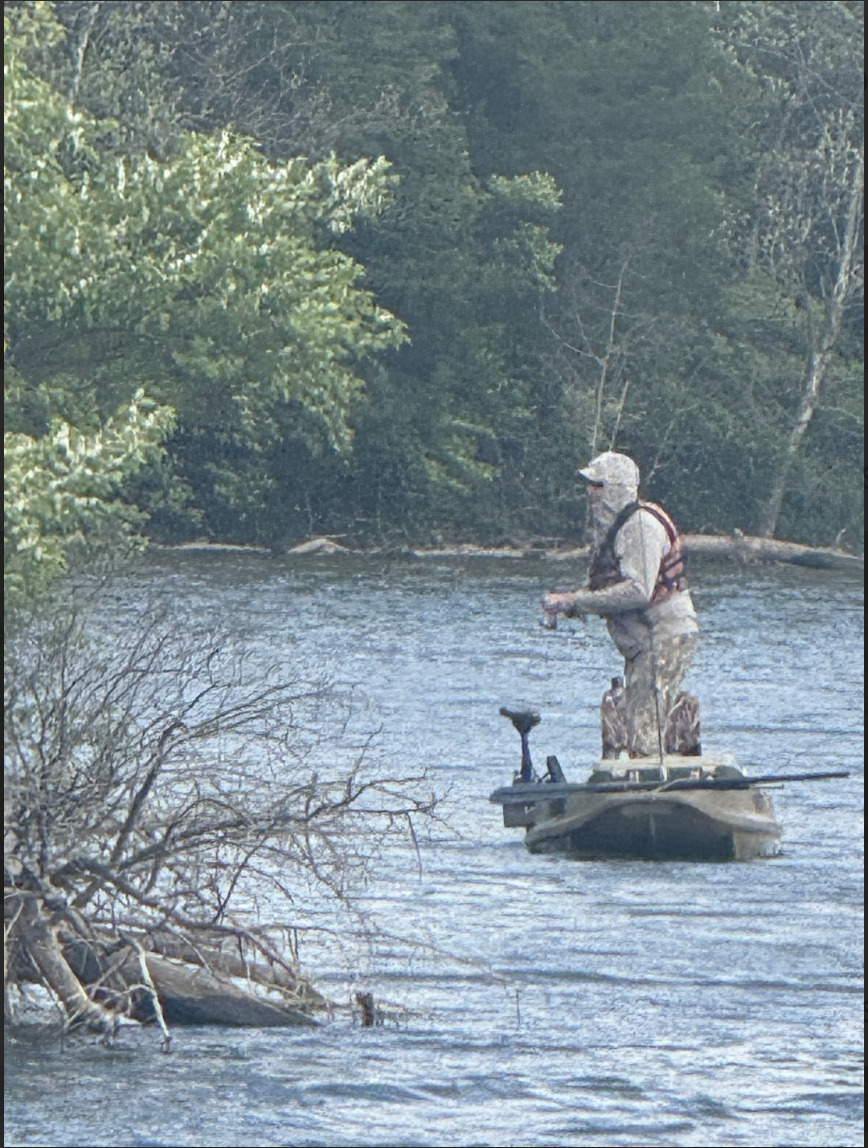More than 540 motorists were pulled over to be “educated” at a sobriety checkpoint on South Locust Street on Aug. 25.
At this checkpoint, one of three held in Oxford over the past 12 months, no drivers were arrested for driving while under the influence, said Lt. Lara Fening of the Oxford Police Department.
She said the point was not to arrest motorists, but to “raise awareness” by “telling them why [police] are there.”
Officers handed out fliers with information about Butler County’s OVI Task Force and explained the consequences of driving while impaired, Fening said.
Kristy Duritsch, executive director of the Safety Council of Southwestern Ohio, said alcohol is not the only impairment to good driving.
“The biggest thing is to pay attention 100 percent of the time,” Duritsch said. “People say, ‘Oh, I’m a great driver!’ Well, guess what? There are a lot of really crappy drivers out there.”
“If you don’t pay attention 100 percent of the time, you’re going to miss something and you’re not going to be able to avoid a situation,” Duritsch said.

According to the National Highway Traffic Safety Administration, there is typically an increase in OVI-related fatalities over Labor Day weekend, which is why some police departments conduct checkpoints over the weekend.
In Oxford, there were two OVI arrests for the month of June, one in July and four in August.
Thirteen local agencies throughout Butler County, including OPD, worked under a $225,000 federal grant to operate OVI checkpoints during the fiscal year ending this month. The county will hold a total of 18 checkpoints for this fiscal year in six areas: Fairfield, Hamilton, Middletown, Monroe, West Chester and Oxford.
Pete Reising, coordinator of the Butler County OVI Task Force and former Oxford police officer, said many police departments don’t have the staff for checkpoints and patrols.
“They have other details to cover as well,” Reising said. “Some of the bigger agencies [that] have more people can get more of the OVI overtime.”
Ideally, Fening said the department would have officers to work “saturation patrol. That’s cops working in cruisers that are noting and following the cars that are evading the checkpoint.”
“We just don’t have enough people,” Fening said.







